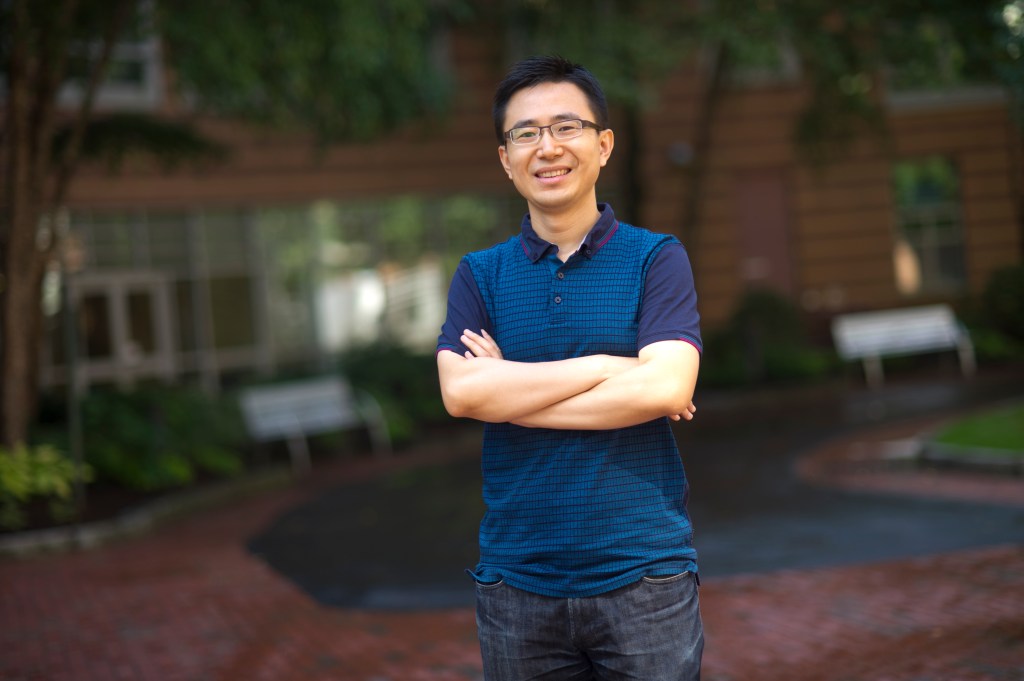Data mining in the social-media ecosystem

Raymond Fu, a newly appointed assistant professor of electrical and computer engineering, wants to build a better social-media ecosystem, one in which Facebook makes expert friend recommendations and consumer-product suggestions.
“My goal is to bring the current social-networking system to the next level,” said Fu, a machine-learning expert who will hold joint appointments in both the College of Engineering and the College of Computer and Information Science. “Users,” he added, “will definitely have access to a higher-quality service in the near future.”
At the beginning of the year, Fu received funding from both a scientific research organization and a coalition of government agencies to design algorithms capable of rapidly analyzing content on social-networking and video-sharing websites. In January, for instance, he received a two-year, $360,000 postdoctoral research fellowship award from the U.S. Intelligence Community, and in February he received a three-year, $483,500 grant from the Air Force Office of Scientific Research.
One algorithm in progress, Fu explained, will be capable of predicting the demographics, behavioral tendencies and relationships between people who appear in photos and videos on Facebook or YouTube. The other algorithm will be capable of pinpointing their geographic location.
“Social-media users are sharing a lot of information every single day,” Fu explained. “Our goal is to develop an automatic method that could process this data very fast.”
Facebook advertisers will have the ability to purchase the data for the purposes of targeting ads to particular users. But, Fu explained, “Users would have to allow this content to be delivered to them.” Issues of privacy, he added, “would have to be resolved.”
Both social-media projects dovetail with the university’s focus on conducting use-inspired research that solves global challenges in cybersecurity. As Fu put it, “This research considers security issues such as data communication, sharing and privacy in cyberphysical networks.”
Prior to joining the Northeastern faculty, Fu served as an assistant professor of computer science and engineering at State University of New York at Buffalo and was the founding director of its Synergetic Media Learning Lab.
Fu hopes to set an ambitious research agenda in his first year at Northeastern. He looks forward to collaborating on interdisciplinary research projects with several faculty members, including Deniz Erdogmus, an electrical and computer engineering professor, and Marty Vona, an assistant professor of computer and information science.
“Northeastern has a very strong engineering program,” Fu said, adding that five graduate students and three postdoctoral researchers under his watch at SUNY Buffalo have transferred to the university. “There are many colleagues who share similar research interests who I look forward to collaborating with.”





